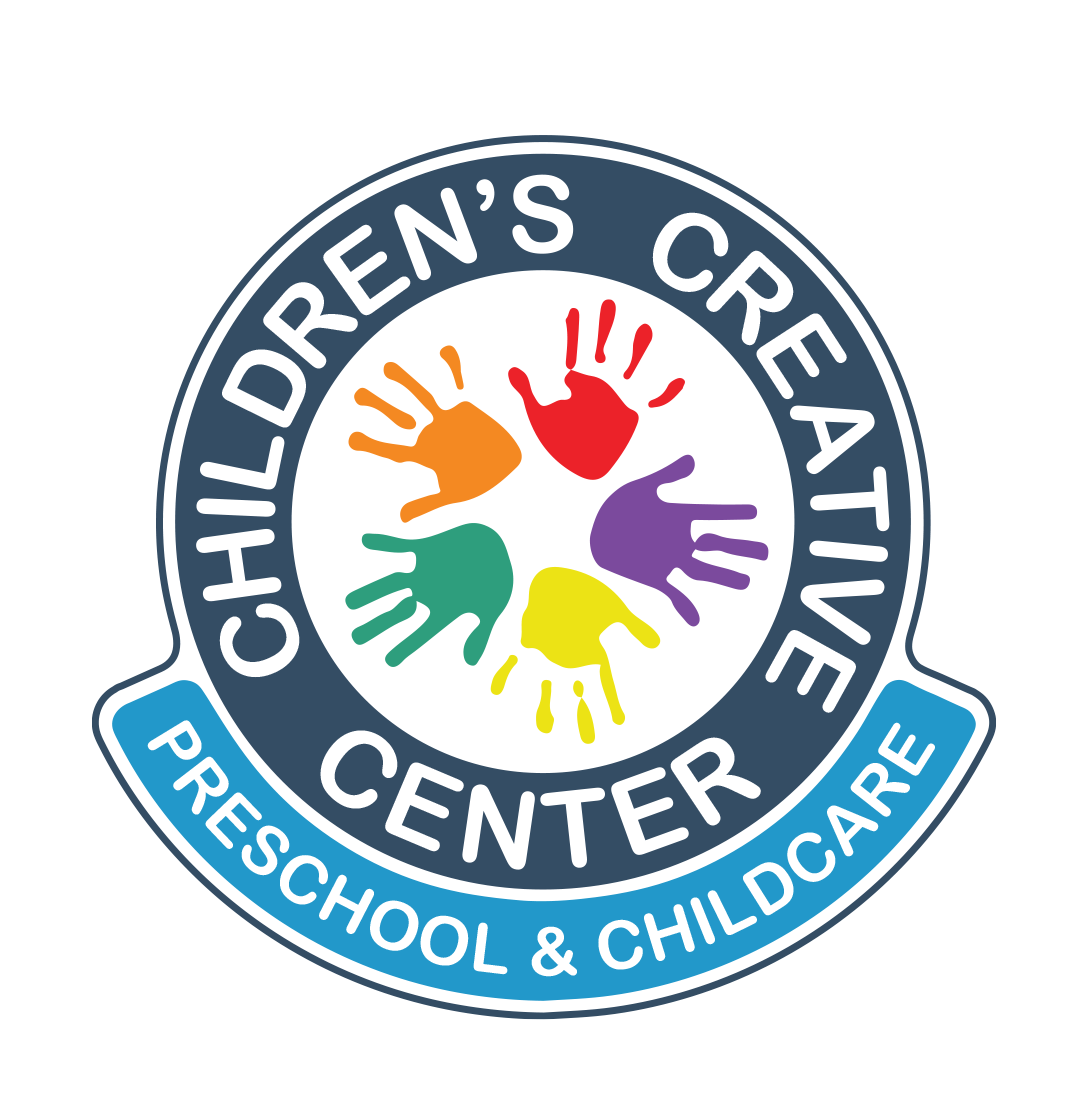Helping Young Children Make New Friends
By: Andrea Morales, Pre-Kindergarten Director
Helping Young Children Make New Friends
Making friends, even at a young age, is a very personal task. As teachers, we’ve gotten to know parents who constantly monitor their children’s social skills and ensure “they’re on the right path” when it comes to building relationships with peers, while others go more with the flow and adopt a “they’ll figure it out on their own” approach. There is no right or wrong way to go about this specific matter, but there are certain things parents can do to set a sturdy foundation for children to grow with positive social skills that will allow them to make friends more easily.
Be the best role model you can be. The way parents treat their children and the people in their household directly impacts the way they treat others. Kids are constantly observing, absorbing, and mimicking what’s around them. Showing empathy, warmth, respect, regulated emotions, and curiosity about others at home is crucial to set that foundation previously mentioned. Parents are their children’s emotional coach, and just as with the rest of any skills, emotional development starts happening at home.
Outside, BE KIND! Treat friends, neighbors, community workers, and everyone you meet in your day-to-day life how you want your children to treat others. Help them be pro-social by interacting easily with the people around you. It’ll do wonders!
Address challenging, disruptive, or aggressive behaviors. These can pose a major social barrier when it comes to making friends. This is something that must not be taken personally but also cannot be taken lightly. Once you figure out what your child’s challenges are, get realistic expectations about their emotional development, and work on creating and maintaining positive relationships at home. Once they’ve had enough chances to work through these challenges with parents, siblings, or other family members, it’ll be time to try with other children outside of the household.
Practice communication skills. Teach your child how to introduce themselves. Motivate them to be curious about others and teach them how to ask questions. Kids are curious by nature, so this one will be an easy step for them to master. And most importantly, teach them the importance of listening to others. A lot of the conflicts we encounter at school when kids are having a difficult time sharing, or in other situations, are the result of not listening to one another. Learning to stop, listen, and absorb the information they’re given is key to work on more complex concepts like negotiating and compromising.
Provide opportunities for interactions. At school, children get opportunities to make connections with others every single day. School is a familiar environment, and kids spend most of their early years at school, with people they know. Challenges are presented when changing schools, attending parties in a different environment, or enrolling in extracurricular activities. While children might be hesitant and feel shy when thrown into these scenarios, rest assured that these are the best opportunities for them to practice the skills we’ve been mentioning. Playdates with cooperative activities (not of a competitive nature) are the best option to guarantee success for them. If you feel like your child is still working through the challenging behaviors we talked about previously, for specific playdates, remove toys and games that might spark conflict. It’ll be the perfect setting for them to have a positive encounter.
Be supportive, not controlling. Wanting to take over the interactions to make sure it all goes well can be tempting but not helpful. Monitor the encounter, but do not hover. Step in when negative interactions are happening, but also give your children the opportunity to fix the problem themselves, especially if they’re older. Supervising is vital but giving them autonomy around potential new friends provides them the confidence and freedom they’ll need to face the real world as they grow.
Kids are their own little person, and all we can do is be there to help them discover who they are, who they want around them. Let’s give them that choice. Who knows? Maybe they’ll surprise us and really figure it out on their own.



